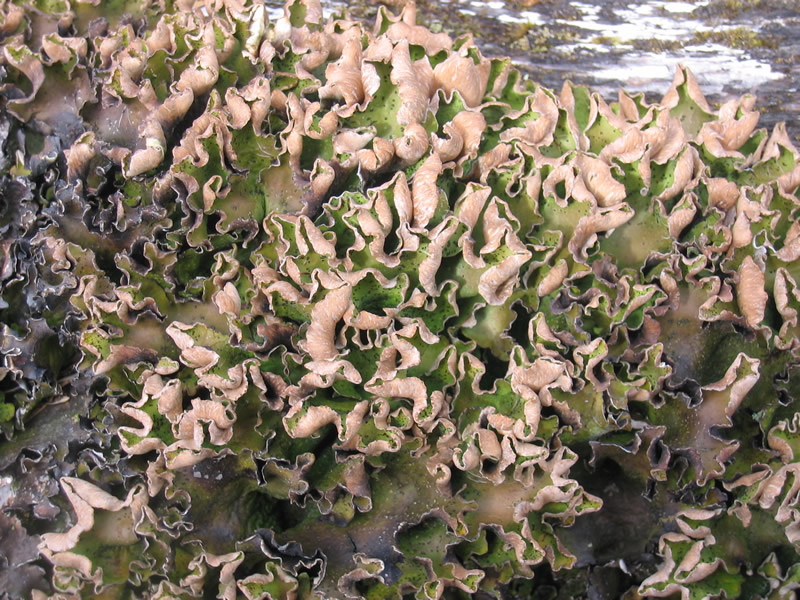(单词翻译:单击)
Like most things that thrive in harsh environments, lichens are slow-growing. It may take a lichen more than half a century to attain the dimensions of a shirt button. Those the size of dinner plates, writes David Attenborough, are therefore "likely to be hundreds if not thousands of years old." It would be hard to imagine a less fulfilling existence. "They simply exist," Attenborough adds, "testifying to the moving fact that life even at its simplest level occurs, apparently, just for its own sake."
像大多数在恶劣条件下茁壮成长的东西一样,地衣长得很慢。地衣也许要花半个多世纪时间才能长到衬衫纽扣大小。戴维·阿登堡禄写道,因此那些长到餐盘大小的地衣“很可能已经生长了几百年,如果不是几千年的话”。很难想像还有比这成就更小的生存。“它们只是存在,”阿登堡禄接着说,“证明一个感人的事实:连最简单层次的生命,显然也只是为了自身而存在。”
It is easy to overlook this thought that life just is. As humans we are inclined to feel that life must have a point. We have plans and aspirations and desires. We want to take constant advantage of all the intoxicating existence we've been endowed with. But what's life to a lichen? Yet its impulse to exist, to be, is every bit as strong as ours—arguably even stronger. If I were told that I had to spend decades being a furry growth on a rock in the woods, I believe I would lose the will to go on. Lichens don't. Like virtually all living things, they will suffer any hardship, endure any insult, for a moment's additional existence. Life, in short, just wants to be. But—and here's an interesting point—for the most part it doesn't want to be much.
生命只有这点考虑,这点很容易被忽略。作为人类,我们往往觉得生命必须有个目的。我们有计划,有志向,有欲望。我们想要不断利用赋予我们的整个令人陶醉的生命。但是,生命对于地衣来说是什么?它的生存冲动、活着的欲望和我们一样强烈——有可能更加强烈。要是我被告知,我不得不当几十年林中岩石上的地衣,我认为我会失去继续活下去的愿望。地衣不会。实际上像所有生物一样,它们蒙受苦难,忍受侮辱,只是为了多活一会儿。总之,生命想要存在。但是——这一点很有意思——在大多数情况下,它不想大有作为。
This is perhaps a little odd because life has had plenty of time to develop ambitions.
这也许有点儿怪,因为生命有很多时间来施展自己的雄心壮志。


